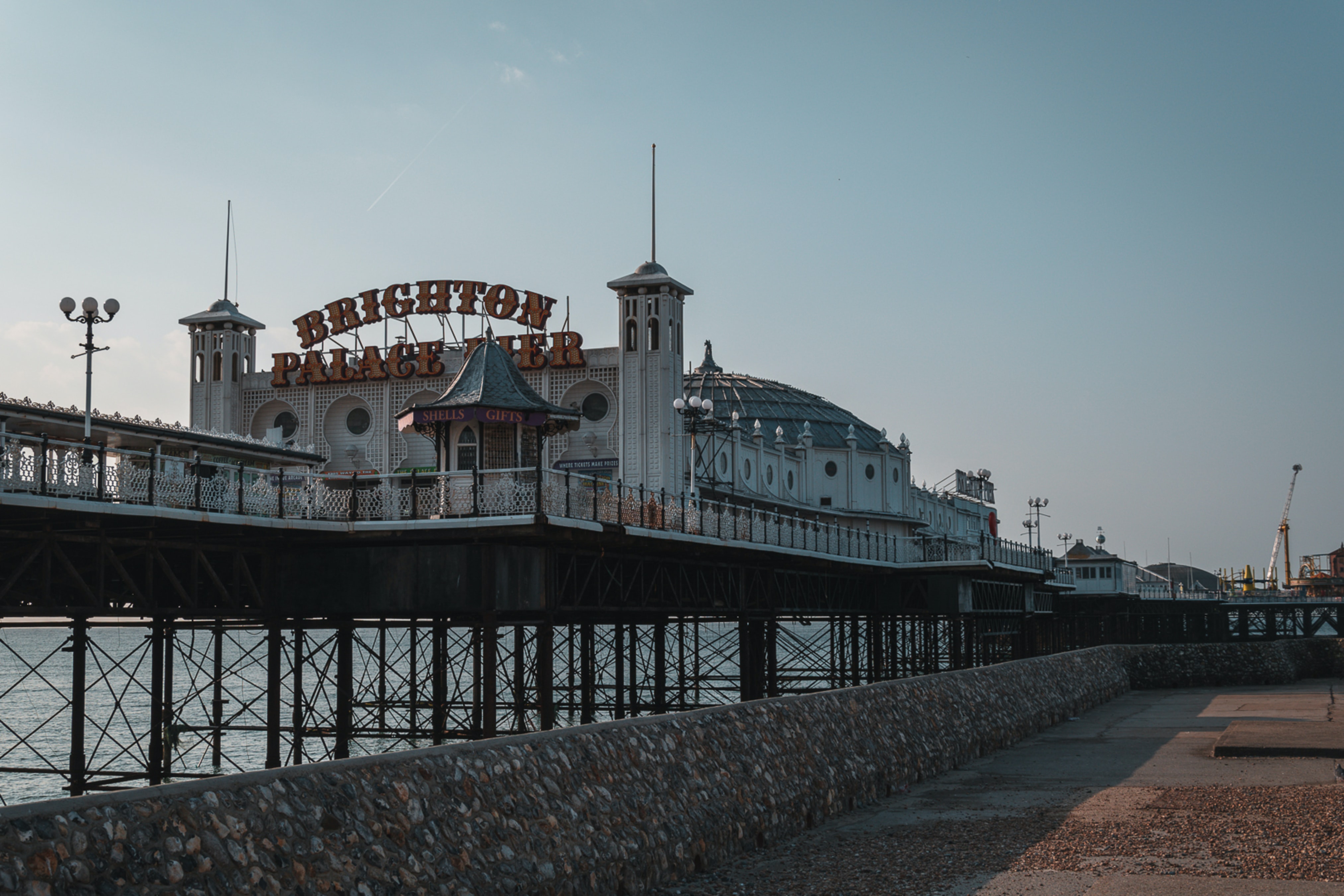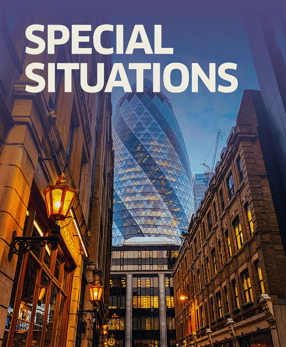Brighton has been a popular tourist destination for longer than you might expect; ever since the Regency period, visitors have flocked to the seaside city to party, shop, and enjoy the delights of the beach and sea air. And tourism has only continued to grow in recent years, with an estimated 11 million visitors to the city in 2018. Many of these are day trippers, but a significant proportion, around 1.5 million, chose to stay for a weekend or longer - coming to 4.95 million visitor nights in total. For a city with a population of under 300,000, this is a significant yearly inflow of both people and money. With such demand for overnight accommodation, it’s no surprise that Brighton has rapidly become one of the most popular areas for Airbnb rentals; in fact, it’s one of the top 5 places in the UK for Airbnb stays, along with big hitters like London and Edinburgh.
Tourism is big business here, with approximately £886 million pounds spent by visitors in 2016; and this number is only projected to rise. Brighton is famous as a location for hen and stag nights, as well as a popular party destination for the gay and lesbian community. Figures from VisitBritain estimate that tourism to the UK will continue to grow by between 3-6% until 2025, and with its enticing nightlife and well-established tourist attractions, as well as high demand for business events and conferences, and the need for visitor accommodation due to two growing universities, Brighton City Council have forecast that demand for overnight rooms in Brighton will increase by a similar amount year on year. But growing demand isn’t the only reason for Airbnb’s popularity here; Brighton has an undersupply of large hotels compared to similar size cities. This is in part due to a lack of development sites - higher profit mixed-use office and permanent accommodation schemes take priority, leaving small B&Bs to provide a higher percentage of visitor accommodation than in most other cities. In 2018 there were around 1500-2000 properties listed on Airbnb in Brighton alone, increasing to around 2500 in the summer months, when visitor numbers rise.
With all this demand, Brighton has become a tempting location for property investors. The increasing need for accommodation, as well as Brighton’s popularity as a residential area, have pushed property prices up every year, with an overall increase of 2.3% from 2018-19. Rental costs in Brighton are already high, with a two-bedroom apartment costing approximately £400 more per month than the UK average. And renting a property on Airbnb can bring even greater rewards for landlords; according to Airbnb’s own rental calculator, the average rent for a property in Brighton is £1,375, whereas letting through Airbnb could bring in an average of £2,241 - nearly double the amount. For hotel comparable listings, where just a room is offered, the average nightly peak season rate is £94 - the same as a 3 or 4 star hotel. With occupancy rates of 59%, it’s no surprise that landlords are turning to Airbnb rather than long-term lettings. This switch to a short-term model has been boosted by the recent loss of mortgage interest relief for landlords, along with stamp duty surcharges and a ban on tenant fees, all of which chip away at profits. And a host of local businesses catering to Airbnb landlords have sprung up in the wake of this trend, with companies such as Airheads, Airsorted and Pass the Keys managing changeovers, cleaning, laundry and customer services.
So what lies ahead for Brighton? There has been a backlash against Airbnb in many popular destinations, such as Barcelona and Venice, with locals claiming that Airbnb is responsible for a lack of affordable housing stock, forcing local families to move away and causing the ‘hollowing out’ of town centres. Similar complaints have been made about Brighton, with MP Caroline Lucas pushing for greater regulation of Airbnbs, and locals concerned about a distortion of the housing market and a rising housing crisis. But it is doubtful that the council will make any move to regulate short-term lettings in the near future. Unlike London, which has a 90 day restriction on entire-property rentals, there are currently no such restrictions in Brighton. There has been talk of an experimental licensing scheme, but this remains a remote possibility, partly due to a lack of clarity about exactly how many ‘permanent’ Airbnb properties there are in the city. It is estimated, though, that only around a quarter of the properties currently listed are permanent lets - and the increase of available rooms in the summer shows that, rather than a huge amount of housing stock being taken up by permanent Airbnbs, many listings are residents letting out spare rooms, or renting their house while they are on holiday. While visitor demand remains strong, and constraints on hotel development continue, it seems Airbnb is here to stay.

.jpg)




